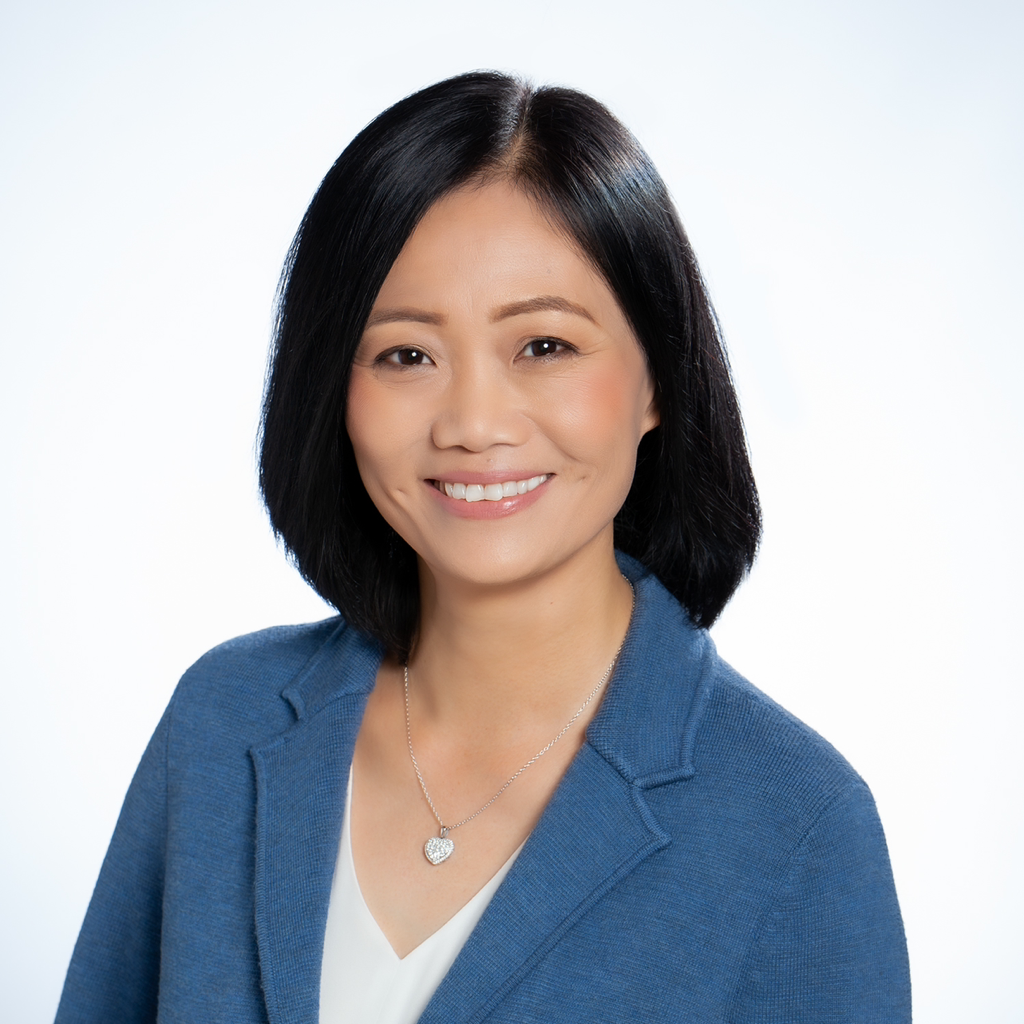The State of iPSC-Derived Cell Therapies and Accelerating Clinical POC
Thursday, May 30, 2024 05:00 PM - 06:00 PM
Room 217-219
Translation to Clinic
Concurrent Session
Chair
The leap from bench to bedside for iPSC-based therapies continues to be one of the most exciting and challenging in clinical research.
This concurrent session focuses on the current progress of several iPSC-based therapies to make clinical entry for patients with hematologic disorder, Parkinson’s or corneal endothelial dysfunction. Join us in this session as we review innovative translational approaches to establish desired cell features for various therapeutic applications.
We will address gene editing characterization requirements and how they are met with corresponding QC and nonclinical safety strategy as well as evaluate the potential of both autologous and allogeneic approaches to promote a holistic iPSC therapeutic strategy.
- Xiaokui Zhang, PhD, Aspen Neuroscience, United States
- Adrienne Farid, PhD, Century Therapeutics, United States, "Phase 1 evaluation in R/R Non-Hodgkins’ lymphoma"
- Xiaokui Zhang, PhD, Aspen Neuroscience, United States, "Autologous iPSCs derived dopamine neuron therapy for Parkinson’s"
- Shigeto Shimmura, MD, PhD, Fujita Health University; Japanese Society for Regenerative Medicine, "Allogeneic iPSC-derived corneal endothelial substitutes for bullous keratopathy"
The leap from bench to bedside for iPSC-based therapies continues to be one of the most exciting and challenging in clinical research.
This concurrent session focuses on the current progress of several iPSC-based therapies to make clinical entry for patients with hematologic disorder, Parkinson’s or corneal endothelial dysfunction. Join us in this session as we review innovative translational approaches to establish desired cell features for various therapeutic applications.
We will address gene editing characterization requirements and how they are met with corresponding QC and nonclinical safety strategy as well as evaluate the potential of both autologous and allogeneic approaches to promote a holistic iPSC therapeutic strategy.

